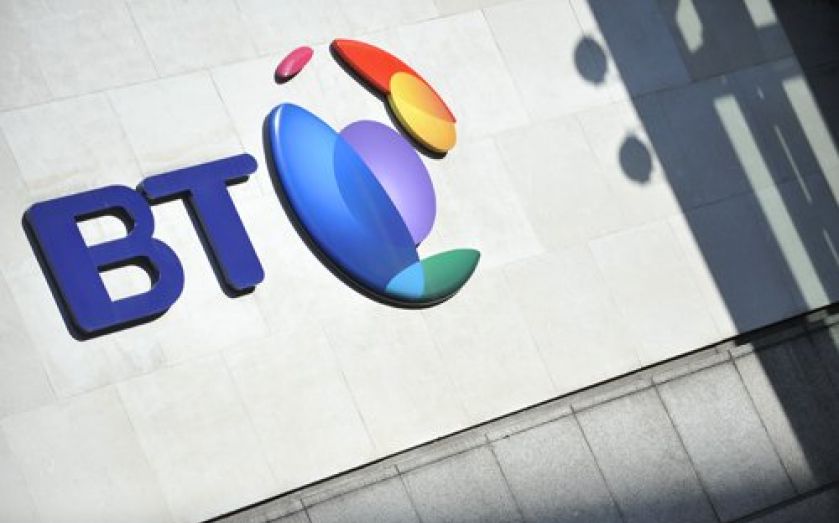| Updated:
BT set to shake up the mobile market… again

A decade after the British firm left mobile, it is back for more
In the midst of what one BT insider described yesterday as a “financial mess” in the early 2000s the British telecoms giant spun off its BT Cellnet arm.
The move in 2001 was quickly seen as a terrible strategic decision, as mobile soon exploded, with 3G mobile internet and less expensive handsets spurring consumer demand.
BT at the time was unprepared to front the cash needed to compete in the imminent £22.5bn 3G spectrum auction and, as people close to BT are keen to state, both companies did better separately than they would have done together.
Now, BT is set to re-enter the mobile space, possibly by buying back the same mobile division it sold in 2001, now known as O2.
The move comes as the entire telecoms market looks increasingly poised to jump to a quad play model of offering broadband, mobile, fixed-line telephone and TV as a combined package to consumers.
In recent weeks, EE has announced EE TV, moving the network to a triple play offering of mobile, broadband and TV, and Vodafone has announced it will offer quad play in 2015 by adding broadband and TV.
By the end of 2015, BT, Virgin Media, TalkTalk and Vodafone will all offer converged packages of all four utilities for consumers.
But these offerings have yet to be proven in practice. Consumer demand has yet to be recognised by either TalkTalk or Virgin, which have both had quad play bundles in the market for years.
Indeed, as O2 chief executive Ronan Dunne told reporters last week: “Isn’t that two people in the playground saying, ‘Mine’s bigger than yours?’ What’s the customer proposition?”
The flip side of the argument is that if quad play does take off in the UK, in the same way that mobile took off in the 2000s, then those players left without access to all four services (notably Sky, Three and O2) could see their growth prospects severely hampered.
TIMELINE: BT IN MOBILE
2001 – BT WIRELESS SPUN OFF AS O2
Group of businesses including BT Cellnet in the UK, VIAG Interkom in Germany, Telfort in the Netherlands, and Digifone in the Republic of Ireland, listed on the London stock exchange
2003 – O2 LAUNCHES 3G IN THE UK
2005 – TELEFONICA BUYS O2 FOR £18BN
Spainish group acquires BT’s former wireless division, including its O2 UK operation as well as those in Europe
2005 – O2 STEPS UP MARKETING PUSH
Becomes key sponsor of the former Millennium Dome, rebranding it as The O2 Arena as part of a £6m a year deal, and sponsors 14 O2 Academy music venues in the UK
2007 – O2 SECURES IPHONE IN THE UK
The operator held exclusive rights to sell Apple’s iPhone in the UK until 2009, giving the network a head-start in smartphone sales.
2013 – SKY BUYS O2 BROADBAND
£200m deal sees Sky become the UK’s second largest broadband and fixed-line telephone provider behind BT
2014 – BT RETURNS TO BUY O2?
13 years later, BT looking to buy back O2